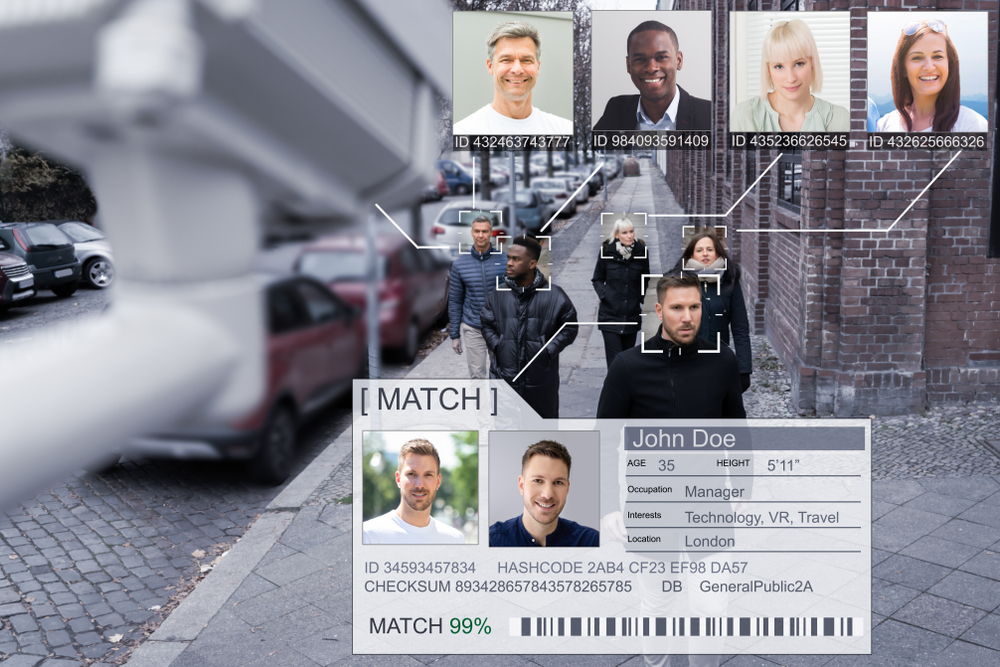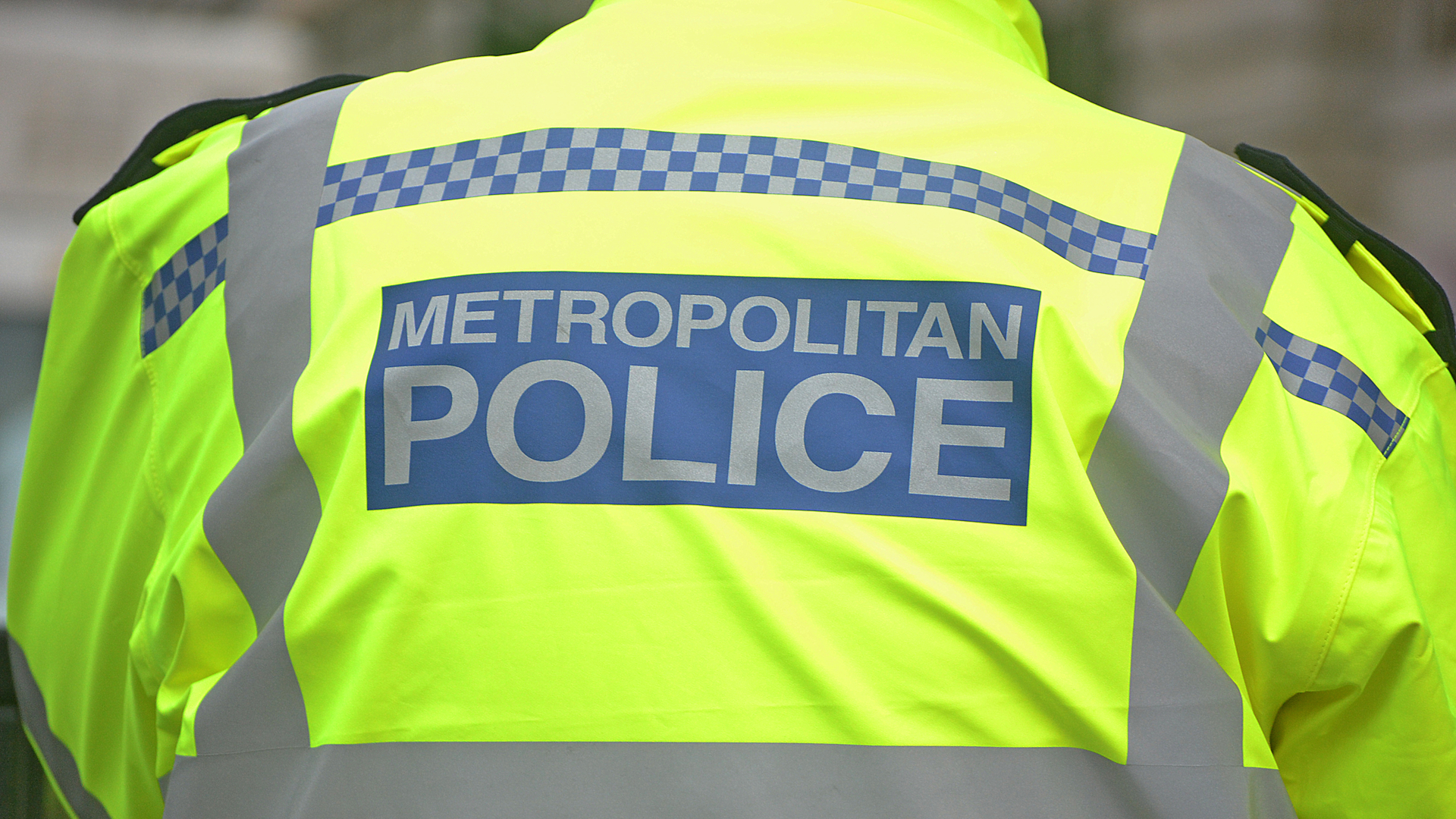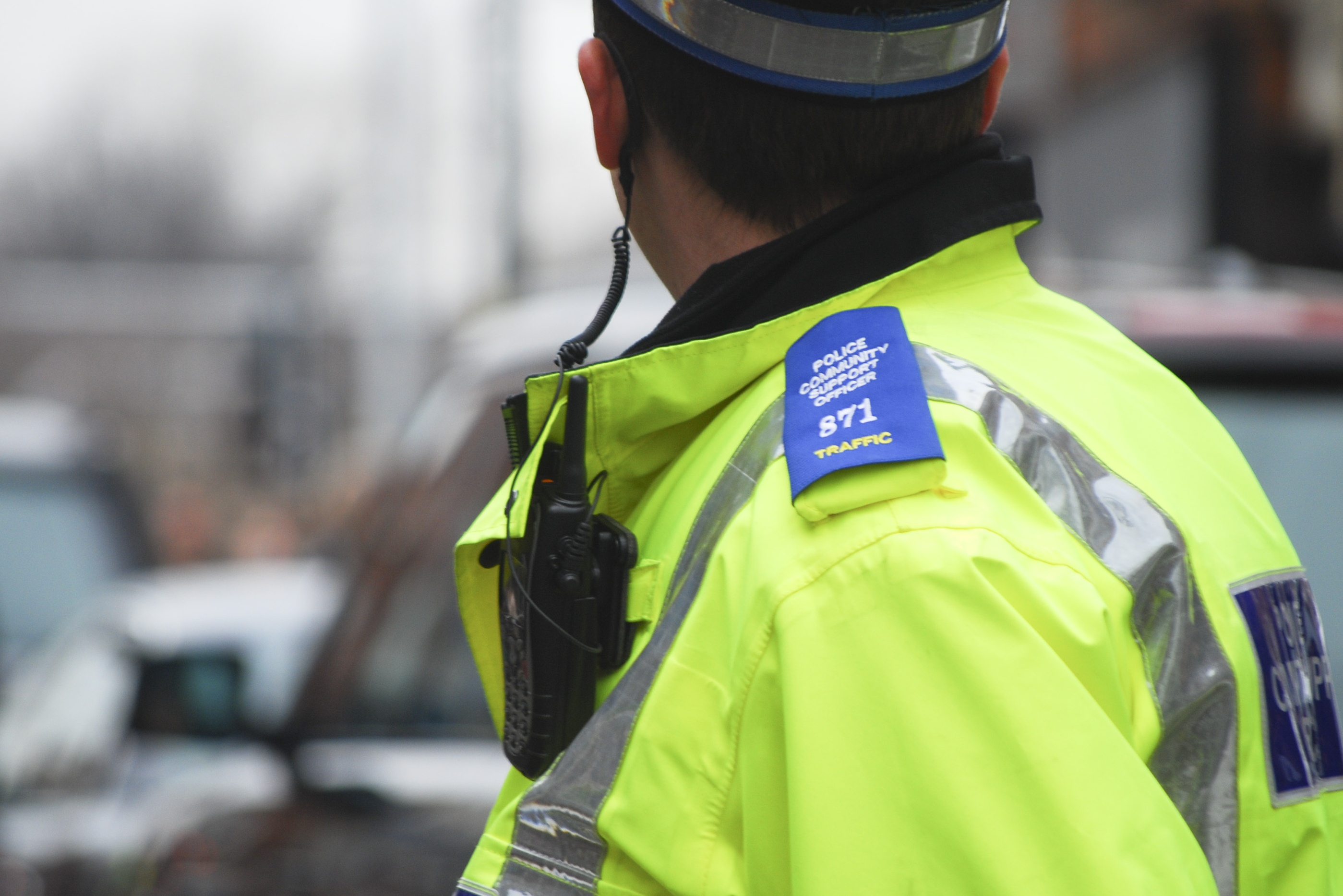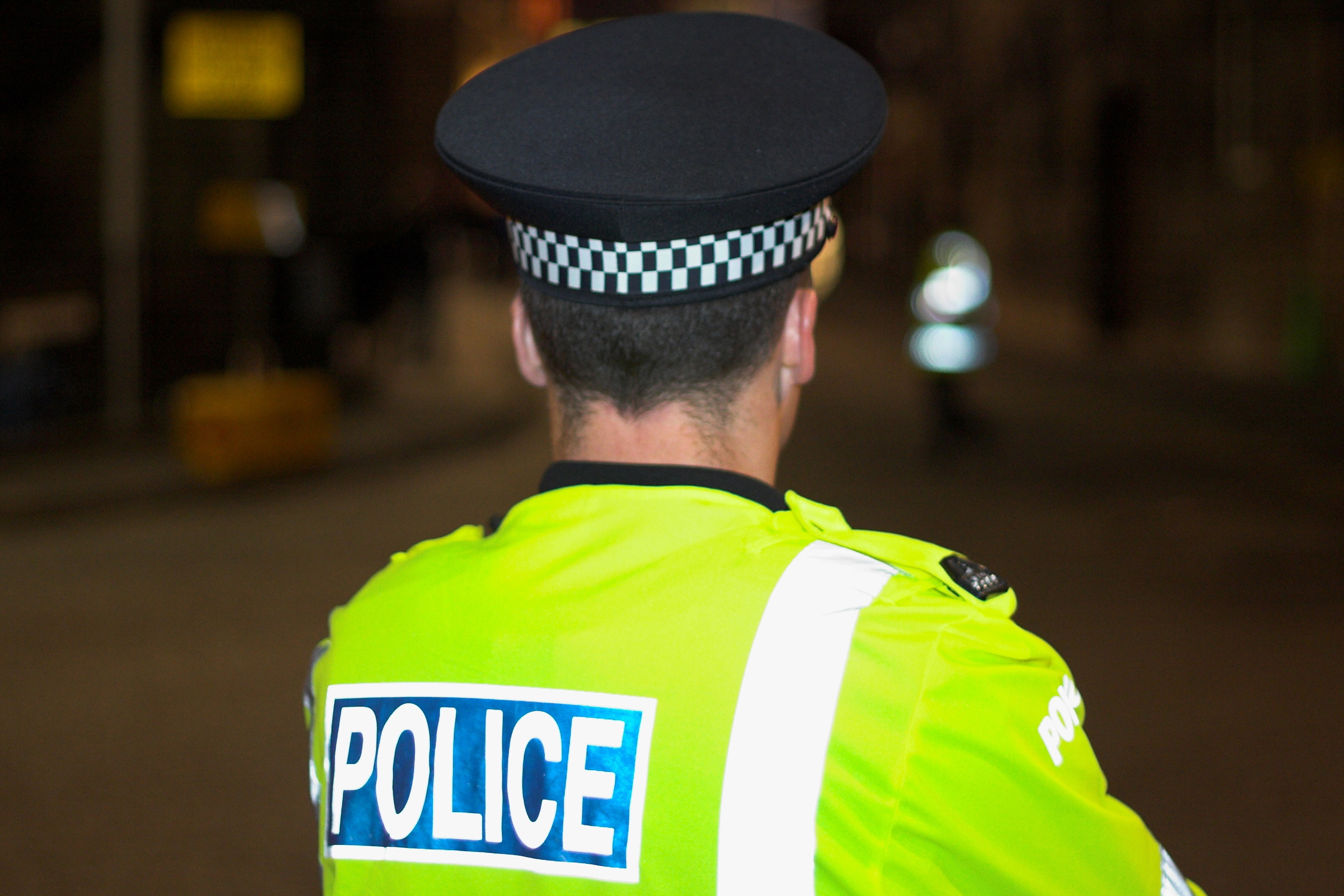Rank One Computing to address misuse of its facial recognition technology
Rank One Computing responds to the wrongful arrest of Michigan resident Robert Williams

Sign up today and you will receive a free copy of our Future Focus 2025 report - the leading guidance on AI, cybersecurity and other IT challenges as per 700+ senior executives
You are now subscribed
Your newsletter sign-up was successful
Rank One Computing, a provider of facial recognition services, says it will take action to address the misuse of its technology by law enforcement officials.
The company is doing so after its software was used in the first known wrongful arrest based on facial recognition technology in the US.
In January 2019, Michigan resident Robert Williams was arrested for shoplifting in downtown Detroit. Williams, who is black, was arrested after law enforcement connected him to the crime based on a facial-recognition search that observed similarities between surveillance footage of the theft and Williams’ driver’s license photo.
While being interrogated by law enforcement officials, an officer pointed to the surveillance image used to arrest Williams and asked if the man in the photo was him. Williams stated it wasn’t.
Though an officer admitted, “The computer must have gotten it wrong,” Robert was held for several more hours before being released later that evening. According to Wayne County prosecutor Kym Worthy, police also lacked the corroborating evidence needed to arrest Williams for the crime.
Worthy added in a statement, “This case should not have been issued based on the (police) investigation, and for that we apologize. This does not in any way make up for the hours that Mr. Williams spent in jail.”
Rank One Computing chief executive Brendan Klare shared in an email to Reuters that as a result of the wrongful arrest, the company “will add a legal means to revoke any use of our software that violates our Code of Ethics, and conduct a technical review of additional safeguards we can incorporate into our software to prevent any potential for misuse.”
Sign up today and you will receive a free copy of our Future Focus 2025 report - the leading guidance on AI, cybersecurity and other IT challenges as per 700+ senior executives
The ACLU of Michigan has since announced it’ll lodge a complaint against Detroit police on Williams’ behalf too. Per the ACLU: “Study after study has confirmed that face recognition technology is flawed and biased, with significantly higher error rates when used against people of color and women.”
Law enforcement’s use of facial recognition technology has come under fire as of late. Microsoft and Amazon recently announced they would no longer sell facial-recognition technology to police. The decision followed nationwide protests demanding an end to law enforcement tactics that unfairly target black people in the US.
-
 Stop treating agentic AI projects like traditional software
Stop treating agentic AI projects like traditional softwareAnalysis Designing and building agents is one thing, but testing and governance is crucial to success
-
 PayPal appoints HP’s Enrique Lores in surprise CEO shake-up
PayPal appoints HP’s Enrique Lores in surprise CEO shake-upNews The veteran tech executive will lead the payments giant into its next growth phase amid mounting industry challenges
-
 Met Police faces legal action over "racist" Gangs Matrix database
Met Police faces legal action over "racist" Gangs Matrix databaseNews There is no way for people on the secretive database to appeal against their inclusion or ask for the data to be reviewed
-
 BT and Deloitte spearhead police digital transformation
BT and Deloitte spearhead police digital transformationNews All 43 police forces in England and Wales will undergo digital transformation to streamline the police’s digital presence
-
 London Police draw up copyright infringing website hit list
London Police draw up copyright infringing website hit listNews City of London Police hope to kill-off websites peddling pirated goods with new Infringing Website List
-
 Two charged in Welsh datacentre funding probe
Two charged in Welsh datacentre funding probeNews Gwent Police charge two men for conspiring to commit fraud, following an investigation into datacentre's financial affairs.
-
 Police tracking software use ‘deeply concerning’
Police tracking software use ‘deeply concerning’News The Metropolitan Police might use Geotime software to track suspects, but privacy groups aren't impressed.
-
 Police to get Facebook tutoring
Police to get Facebook tutoringNews The NPIA will teach police how to make the most effective use out of modern technologies.
-
 Police need biometric technology regulation
Police need biometric technology regulationNews Biometric technology is readily available for law enforcement, but a police director has said that regulation and public debate is needed.
-
 EU investigates criminals targeting Skype calls
EU investigates criminals targeting Skype callsNews An EU agency is concerned about how criminals are using VoIP tech such as Skype, and wants to investigate the issue Europe-wide.